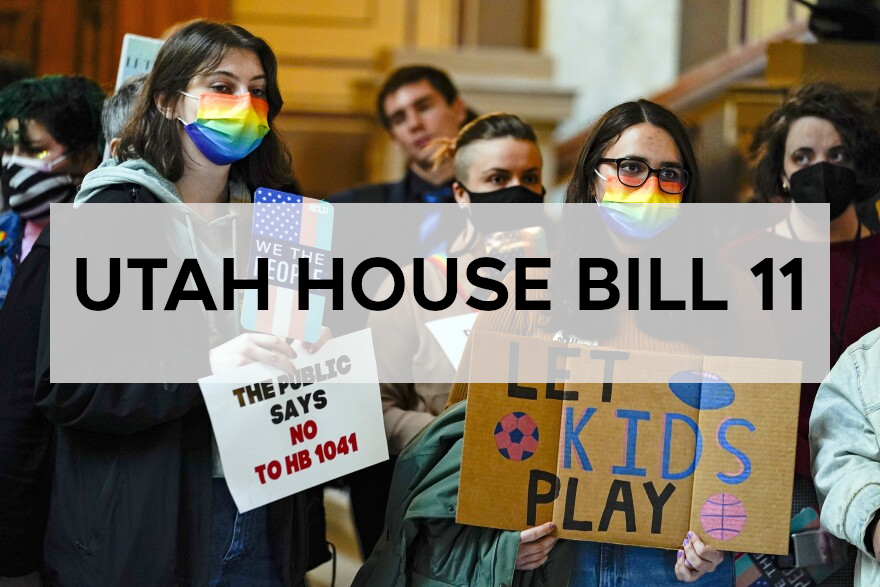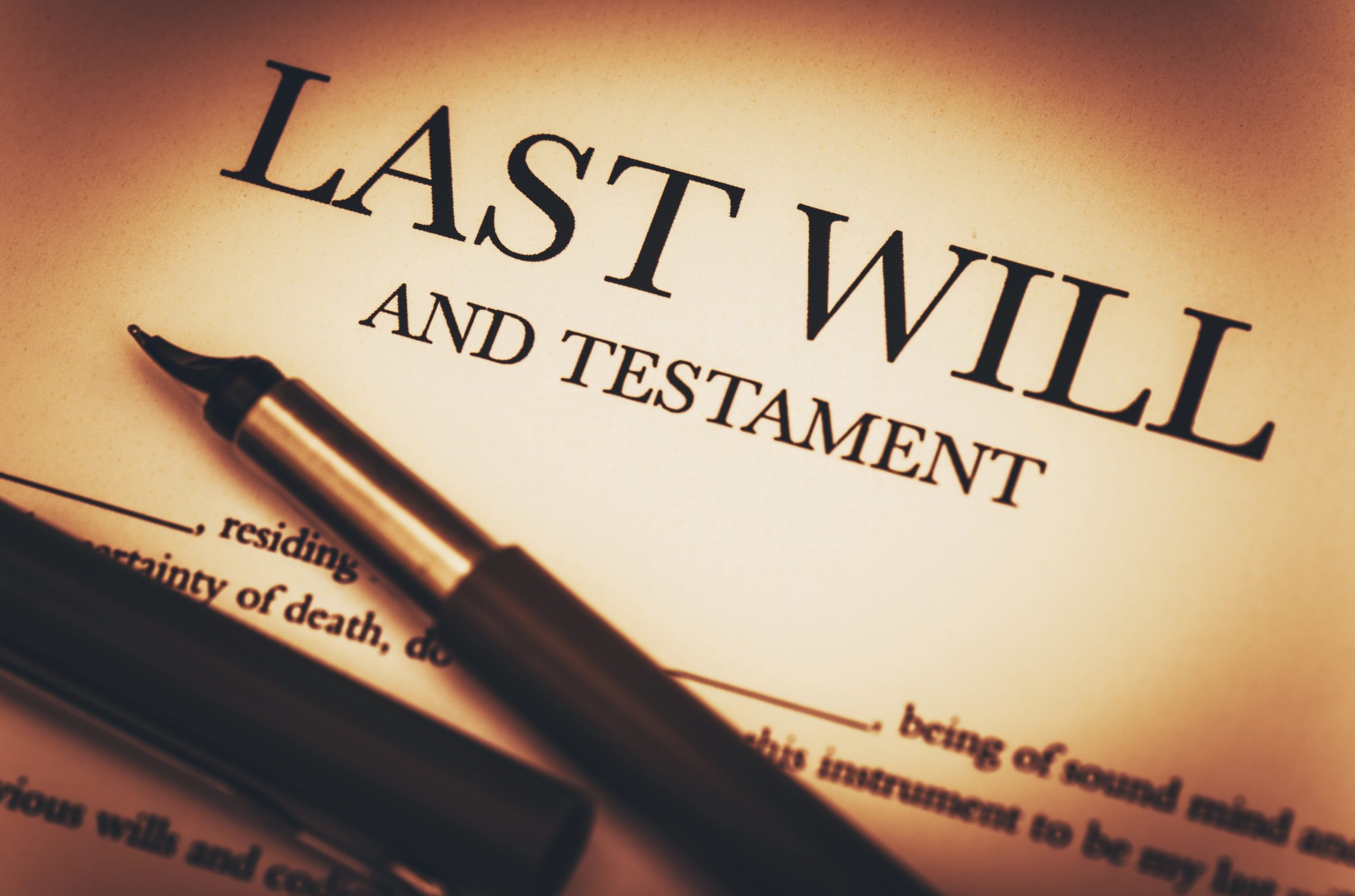DISCLAIMER: Altiorem Legal Services (hereinafter, “Altiorem”) cannot and does not provide legal advice. Altiorem is not a law firm; Altiorem’s staff are not attorneys, cannot act as attorneys, and do not act as attorneys; and any information provided by Altiorem in this article or otherwise is not a substitute for legal advice from an attorney. The information contained in this article should not be construed as legal advice, as it is not intended to be legal advice; the information in this article is provided for educational purposes only. Again, none of the information provided in this article should be construed as legal advice, and nobody should rely on or use the information contained in this article in their legal matters.
WHAT IS UTAH HOUSE BILL 11?
Utah House Bill 11 (H.B. 11) addresses student-athlete participation in sex-designated sports in the public education system.
H.B. 11 became effective on July 1, 2022, and it imposes limits on individuals wanting to participate in female sports by
- requiring schools and local education agencies to designate athletic activities by sex (such as girls’ basketball, men’s volleyball, etc.);
- prohibiting a student of the male sex from competing against another school on a team designated for female students;
- prohibiting certain complaints or investigations based on a school or local education agency maintaining separate athletic activities for female students; and
- providing severability.
A public school, local education agency, or a private school that competes against a public school or local education agency shall expressly designate school athletic activities and teams as one of the following, based on sex:
- Designated for students of the male sex;
- designated for students of the female sex; or
- coed or mixed;
A student of the male sex may not compete—and a public school or local education agency may not allow a student of the male sex to compete—with a team designated for students of the female sex in an interscholastic athletic activity.
Essentially this bill bans transgender students from being able to compete in sports against the sex they transitioned into and which they believe themselves to be. However, there are ways a transgender person can be deemed eligible to play sports against the opposite biological sex.
SCHOOL ACTIVITY ELIGIBILITY COMMISSION
A School Activity Eligibility Commission can determine a student’s eligibility to compete.
The commission consists of
- a mental health professional and statistician with expertise in the analysis of medical data (these positions are appointed by the president of the Senate);
- a board-certified physician with expertise in gender identity healthcare;
- a sports physiologist;
- a representative of an athletic association and athletic trainer who serves student-athletes on the collegiate level (these positions are appointed by the governor);
- one ad hoc member, serving on a case-by-case basis, who is appointed by the athletic association in which the relevant student’s school competes; and
- a certified high school coach or official who coaches or officiates in a separate region or classification from the relevant student’s school and in the sport in which the relevant student seeks eligibility.1Utah Code § 53G-6-1003.
This commission meets and discusses the cases in which eligibility must be determined.
The commission must create baseline ranges that include the physical characteristics for the age and gender group in a given gender-designated interscholastic activity. These physical characteristics can include height, weight, physical characteristics, and physical characteristics affected by puberty.2Id. Without approval by the commission, a student cannot participate in sports activities against the sex biologically opposite from the sex they assigned at birth.
WHAT DOES “TRANSGENDER” MEAN?
According to the American Psychological Association,3American Psychological Association, Transgender People, Gender Identity and Gender Expression (2014), https://www.apa.org/topics/lgbtq/transgender the word “transgender” is an umbrella term for persons whose gender identity, expression, or behavior does not conform to that typically associated with the sex they were determined to be at birth. Gender identity refers to a person’s internal sense and belief regarding identifying themselves as a male, a female, or something else.
IMPLICATIONS OF HOUSE BILL 11
The American Civil Liberties Union (ACLU) has filed a lawsuit against H.B. 11. Specifically, the lawsuit challenges Part 9 of H.B. 11, which prohibits all transgender girls (i.e., individuals born as males but who later transitioned into females) from competing on a girls’ team in K-12 interscholastic school sports.4The American Civil Liberties Union of Utah, FAQ ON HB 11 AND OUR LEGAL COMPLAINT, https://www.acluutah.org/en/cases/faq-hb-11 (last visited Jan. 31, 2023) The ACLU filed this lawsuit because H.B. 11 has already directly impacted some Utah families.
The ACLU argues that H.B. 11 violates multiple provisions of the Utah State Constitution because it singles out a specific group for their identity. In other words, transgender athletes are being discriminated against by being prohibited from participating in sports against the sex they believe themselves to be. The ACLU also argues that there was only a handful of transgender athletes to begin with and that there was no evidence that the existing policy was problematic.
Governor Spencer Cox originally vetoed H.B. 11, but the Utah Legislature voted to override the veto.
Before the vote, the bill sponsor, Representative Kera Birkeland, said that H.B. 11 was purely about preserving women’s sports.5Kera Birkeland, Homepage, https://www.kerabirkeland.com/ (last visited Jan. 31, 2023).
H.B. 11 still allows transgender students to compete in sports after going through the eligibility committee process.
CONTACT US TODAY!
Do you need help with Utah’s House Bill 11? Let Altiorem help you today with affordable, top-quality legal services.
Expertise. We are knowledgeable, skilled, and experienced in the process of legislative analysis and in drafting all manner of legal documents, such as briefs, pleadings, motions, memoranda, letters, contracts, etc. If you need a top-quality, professional, excellently written, well-researched, and compelling legal document drafted, then look no further!
Quality. We produce top-quality, properly written legal documents with impeccable grammar, punctuation, spelling, structure, flow, information, compelling legal arguments, and persuasive legal conclusions. You can see the quality of our work on our work samples page, where you can peruse and evaluate our writing, as well as our other blog posts.
Experience. Our paralegals are highly experienced in working with attorneys, other paralegals, and court personnel.
Customer Care. Navigating the Utah legal system can be daunting and confusing. Let Altiorem relieve your stress and be your guide. Altiorem has a team of professional paralegals ready to work for you. We want to give you the best chance at getting an outcome for your case that you will be happy with. We are happy to receive documents via email from you, speak with you on the phone, look through court files, or even translate documents (English / Spanish)!
Accessible. If you are interested in retaining our services, we can be contacted at (801) 855-6541 (text or call) and at altiorem@altioremlegalservices.com. If you have a project in mind that you would like us to work on, please click here to send us a project request and get a quote. Alternatively, you can send us an email detailing the work you need to be performed, and a real person will respond promptly.
Thank you for your attention and consideration.



